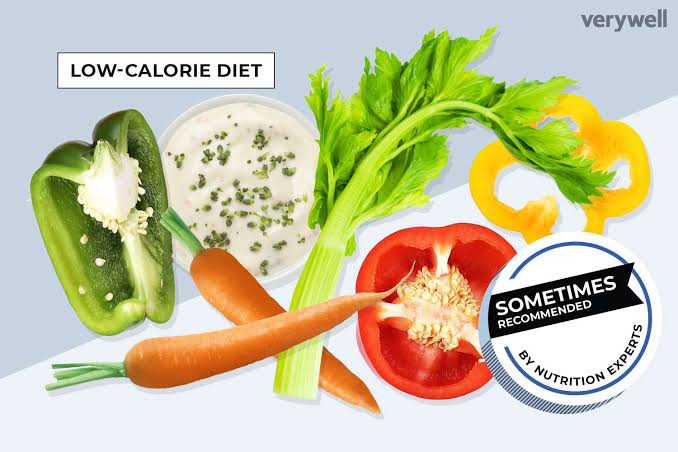Consuming fewer calories than your body requires to stay at your present weight is how low-calorie diets operate. Because of this shortfall, your body will have to draw upon its stored energy (mostly as fat) to meet its requirements. Here’s the science behind calorie restriction’s physiological effects:
Reduced caloric intake and increased energy expenditure lead to weight loss when followed consistently. This leads to a reduction in overall body fat, resulting in weight loss.
your body is always working to keep its energy balance, or the amount of calories in vs the amount of calories out, stable. Fat loss occurs when this equilibrium is disturbed by a calorie shortage.
your metabolism may slow down at first as your body adjusts to your lower calorie intake and storage needs. Adaptive thermogenesis is the term for this process. Your body learns to make better use of the energy it has.
- Muscle preservation: Consuming enough protein and participating in strength training activities are essential for preventing muscle loss during weight loss. Protecting muscle mass through protein consumption.
- Hormonal Alterations Calorie restriction has been linked to alterations in hunger, appetite, and metabolic hormones. The appetite-regulating hormone leptin declines and the hunger-stimulating hormone ghrelin rises.
Choosing nutrient-dense foods is crucial to ensure you get enough vitamins and minerals on a low-calorie diet, which may not contain all of them.
This is the Recommended Book that Will teach you more on Low Calorie Diets that will Aid to Weight Loss, and Also let you know the benefits.

- Health Consequences: Low-calorie diets can help you lose weight, but you should proceed with caution if you are using this approach. Without effective management, extreme calorie restriction can cause nutritional shortages, muscle loss, exhaustion, and other negative health effects.
- Psychological Effects Because of the decreased energy intake, low-calorie diets can occasionally cause mood changes, irritation, and food cravings. Maintaining a healthy weight also involves maintaining a healthy state of mind.
Weight loss may stall or even reverse when your body adjusts to a lower calorie intake (see also: Plateaus). If you want to see results, you need to regularly evaluate your eating and activity habits and make any necessary adjustments.
long-term viability: low-calorie diets are not always easy to stick to. Once your weight loss goals have been met, it is essential to make the transition to a healthy and sustainable eating pattern.
Low-calorie diets should be started cautiously and with the help of a healthcare provider or trained dietitian. They can tailor a program to your needs and help you shed pounds while still looking after your health. Keep in mind that everyone reacts differently to calorie restriction, and that there is no “one size fits all” diet.


